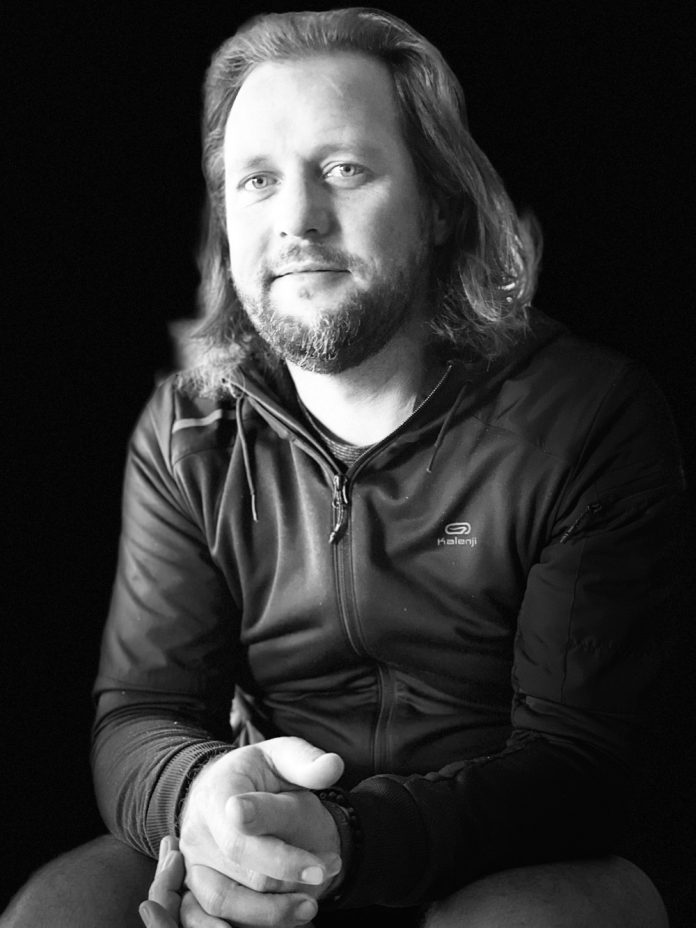The term might only have been coined as recently as 2017, but AIOps is already hailed as the next big thing. AIOps uses artificial intelligence and machine learning to augment, accelerate, and automate certain IT operations.
“When digital transformation outstrips IT management capabilities, compounded by the complexities of multicloud infrastructures, it becomes difficult for organisations to drive proactive Business outcomes. This is where AIOps becomes incredibly useful,” explains Dave Link, founder and CEO of ScienceLogic. This global leader in AIOps and other hybrid cloud IT management solutions recently announced its expansion to South Africa, where its presence is represented by value-added local distributor Corr-Serve.
Getting MaaD
AIOps is no small undertaking. So how does one even prepare for the journey to AIOps? Step one is instilling Monitoring as a Discipline (MaaD), says Gustav van Vuuren, CTO and co-founder of enterprise intelligence company AppCentrix, which provides customers with monitoring solutions and started building MaaD solutions with ScienceLogic tools a decade ago. “MaaD is a practice designed to help IT professionals escape the short-term, reactive nature of administration often caused by insufficient monitoring, and become more proactive and strategic.
Traditionally, monitoring was an afterthought—a resource that’s only tapped when there’s a problem that needs solving. But as systems complexity continues to grow alongside the expectation that an organisation’s IT department should deliver perfection 24/7—no outages, no application performance problems, no user experience problems—monitoring has become a priority.”
And that’s not the only benefit of MaaD, adds Van Vuuren. “It gives you the ability to turn data points from various monitoring tools into more actionable insights, resulting in a proactive, early-action IT management style. Insights like historical usage and performance metrics can help organisations optimise resources, which streamlines infrastructure performance, costs, and security.”
A MaaD Case Study
AppCentrix recently worked with FNB to implement MaaD at the organisation. “There are so many small considerations when it comes to MaaD, and it can become difficult to see the wood for the trees,” says Caryn Bell, Business Unit CIO at FNB South Africa. “AppCentrix helped us define strategies and methodologies and gave us a road map to follow on this journey towards AIOps, which was critical for a large organisation like ours.”
Van Vuuren breaks this road map down into four steps:
- Management: Team leaders have a responsibility to provide a clear mission, vision and objective when instilling MaaD. “FNB has a unique environment with over 60 CIOs, representing more than 70 business units in the organisation. So how does one create a cohesive strategy?”
His tip is to have a clarity workshop. “This allows leaders to sit down together and define what their environment looks like and iron out conflicting needs. Having a clear picture of the entire organisation, different units’ purposes and needs, and all processes and toolsets, will prevent a lot of headaches down the line.”
- Assembly: This step looks at onboarding technologies. “You need coverage of the entire estate, old and new, to identify which systems you’re going to depend on. At FNB, this consists of 163 different device classes, actively monitoring 64,000 devices, with stringent security also playing a role. And you need coverage of every aspect of that estate as well as to identify expertise on each.”
Van Vuuren’s advice is to make sure you pass all the prerequisites before you do onboarding processes. “Otherwise, you’ll have to rework some of it, which wastes more time in the end. Spend more time planning and prepping before switching to discovery.”
- Adoption: Comprehensive training strategies for engineers will change organisational culture. “When people understand their toolsets and how to use them efficiently, they become proactive instead of being reactive,” says Van Vuuren.
At FNB, this consists of 192 teams representing 3,000 engineers—and that’s only the IT staff. “In this step, it’s essential to create independence early on. Monitoring teams are typically small—in FNB’s case, around ten people. They cannot possibly run data and create reports for 3,000 engineers regularly. So, engineers need to understand how the systems work and can use it to its full advantage, only deferring to monitoring teams in extreme cases.”
- Delivery: The final step is to provide insights into the organisation, identify hot spots, contextualise information, and identify tasks that can be automated. “Consistency is key here,” says Van Vuuren. “Define monitoring KPIs and success metrics early on so that you always have benchmarks. Get teams to contribute to this so that they take ownership and can measure themselves and their success values.
“FNB generates around 130 billion metrics per day. At the start of their MaaD journey, this included a benchmark of around 7,500 incidents. Through finetuning systems, they’re down to 2,500 incidents per day. Considering they have around 110 changes per day, that’s a good rate, and it will still come down as finetuning continues.”
It might be worth it, depending on the size of the organisation, to reassess when reaching this point and then repeat these four steps, he adds. “Another option is to rework the road map annually. Either way, it’s important to make MaaD a part of the organisation’s ongoing culture and vision. Organisation-wide buy-in is essential to set you up for long-term success.”




